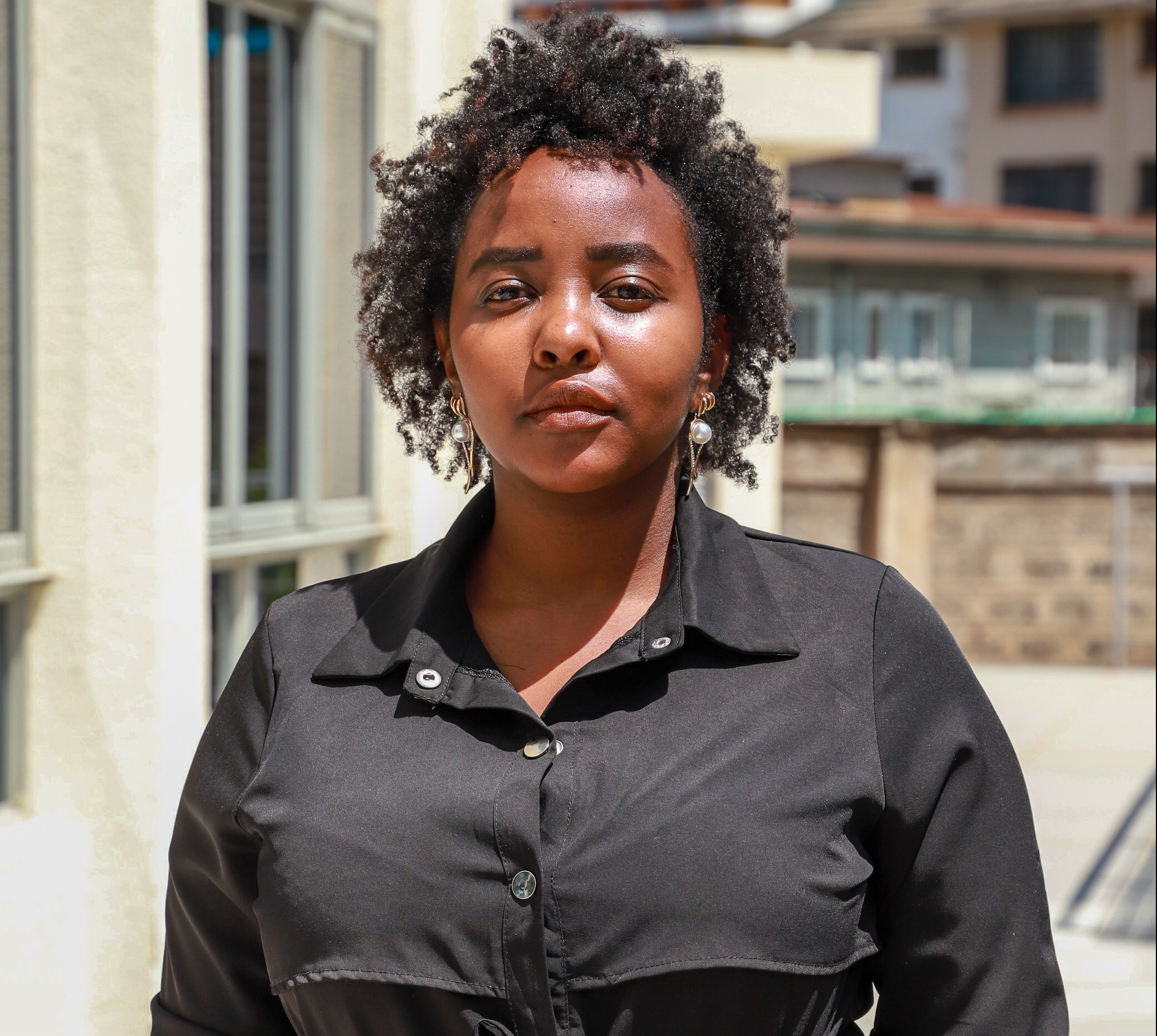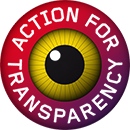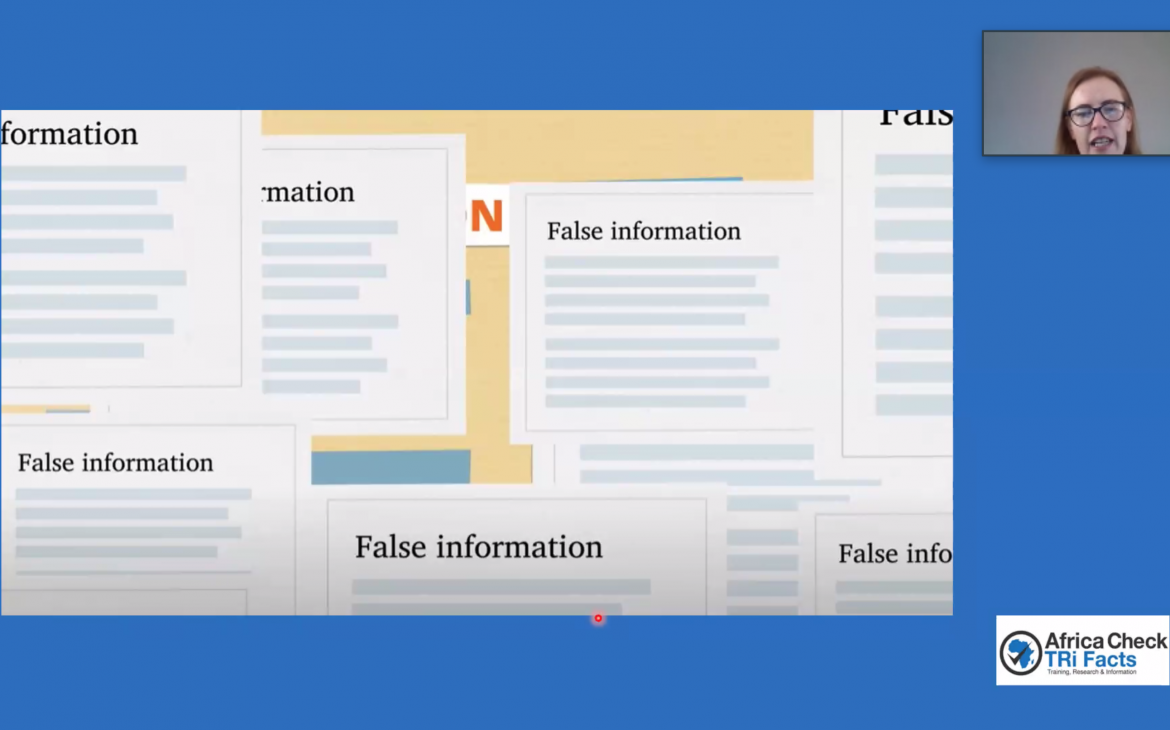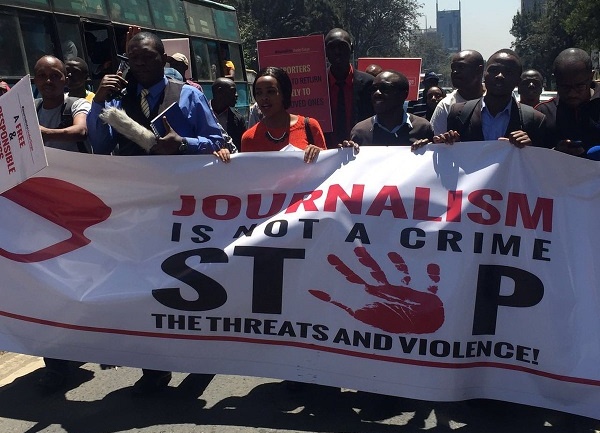Close to a month ago, Nairobi Governor, Mike Mbuvi Sonko, was on video presenting a donation of foodstuff to residents of Nairobi, but strange enough, the foodstuff package included small bottles of Hennessy alcohol. In the video, the governor is seen trying to justify the alcohol, by quoting WHO and other organisations, that such alcohol can kill Corona virus. WHO has advised that drinking alcohol does not protect you against Covid-19 and can be dangerous. The health organisation has indicated that an infodemic (an over-abundance of information – some accurate and some not – that makes it hard for people to find trustworthy sources and reliable guidance when they need it) is one of the biggest challenges in dealing with Corona virus.
This is just an example of how misinformation about Corona virus has been spreading since the pandemic was announced. Journalists, who consume, package and produce information for their audience could easily fall victim of misinformation and disinformation. This is why Fojo Media Institute, partnered with Africa Check to conduct a Fact-checking and Verification training for journalists and CSO’s in Kenya, through the Action for Transparency project, in order to train and mentor the media and other organisations to carry out non-partisan fact-checking themselves and promoting the practice of fact-checking. This will in return, help them share verified information and enable people to make better, evidence-based decisions.

“This training was very timely as there is a lot of false information on COVID-19 being peddled around, especially on social media. It was interesting to learn about some of the open-source tools that are available for fact-checking and how to gather data from different government platforms. This is all very useful to me as a data journalist. Thank you TI-Kenya and Africa Check for facilitating this.” Said Mirriam Wakini, a freelance data journalist.
The 2-day online training for 20 journalists took place on 12th and 13th May 2020, with the CSO training expected to begin from Monday 18th May. The participants were introduced to fact-checking and verification, with an emphasis of its importance in providing accurate and reliable health information during the COVID-19 pandemic. Majority of the participants indicated that the training has significantly improved their ability to verify and fact check information as journalists.

By the end of the training, led by Vincent Ng’ethe, Deputy Kenya Editor at Africa Check, the journalists had participated in learning and using fact-checking and verification tools, using credible information sources when writing and publishing news articles about Covid-19 and Info Finder tool, that journalists can use to find accurate data.
The A4T project will continue providing learning opportunities for journalists in Kenya, including setting up a Media-Tech Hub, that will host tools for investigative journalism, research resources, learning materials, grants and mentorship.


